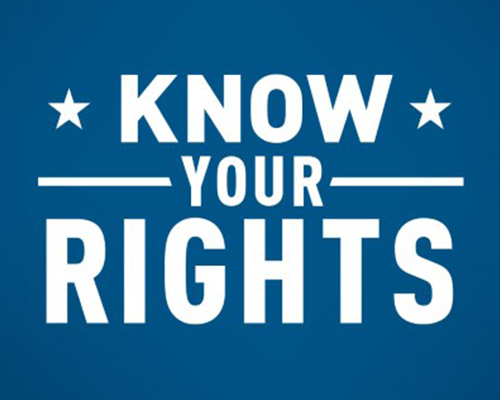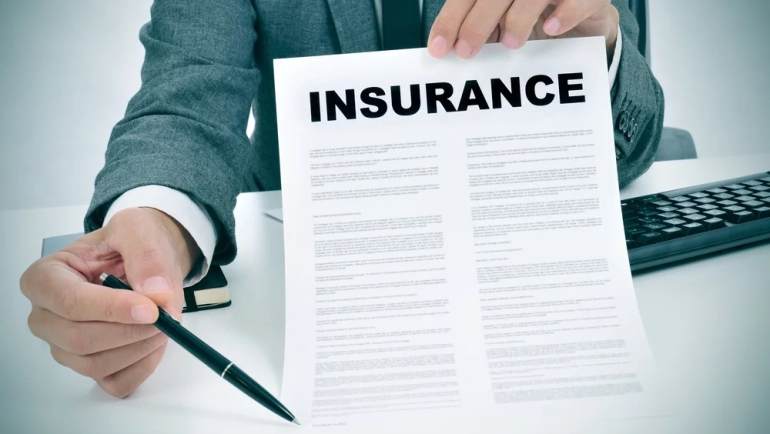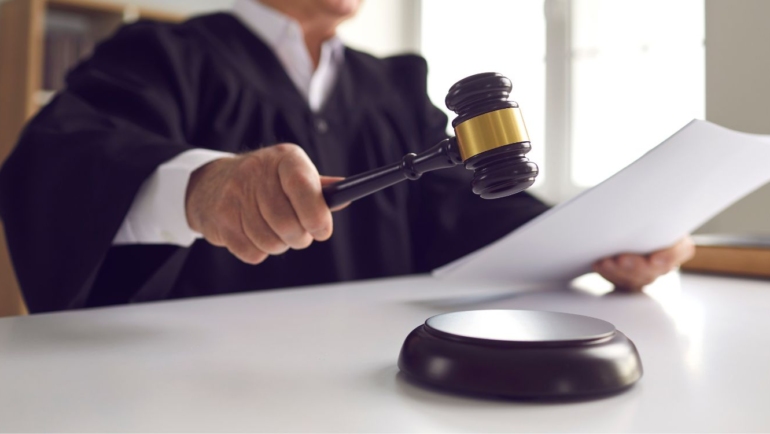280Views

As soon as law enforcement approaches you with a DUI checkpoint, it is vital that you know your rights. Being informed allows you to navigate these encounters confidently while protecting your privacy.
DUI checkpoints are among the many strategies used by law enforcement to combat drunk driving, but to be legal they must abide by Fourth Amendment protections and any applicable rulings by the Georgia Supreme Court.
Know Your Rights
DUI checkpoints (also referred to as sobriety checkpoints) are an increasingly popular tool used by law enforcement agencies to prevent drunk driving and improve road safety. They typically set up in fixed locations during high-traffic hours or on holidays and operate during these peak periods.
When you encounter a DUI checkpoint, it’s essential that you understand your rights so as not to inadvertently breach your constitutional protections. Officers cannot arrest you without reasonable suspicion that you are operating under the influence; lengthy detention without reason cannot occur and searches of vehicles without consent or probable cause may not take place.
At DUI checkpoints, it’s also essential that you remain polite and cooperative when engaging with officers. Be prepared with your driver’s license, registration certificate and proof of insurance to give to officers when asked. Officers may request you take part in field sobriety tests or breathalyzer testing; refusing these may not necessarily lead to arrest but may result in legal consequences including license suspension.
Stay Calm
At a DUI checkpoint, it’s essential that drivers remain calm and cooperative with law enforcement officers. Officers may ask you for your driver’s license, registration and proof of insurance as well as questions related to alcohol consumption as well as field sobriety tests or breathalyzer tests which Georgia requires drivers to submit to under implied consent laws.
If police suspect you of driving under the influence, they will arrest you and immediately consult a skilled DUI defense attorney to develop a strong case for their defense.
DUI checkpoints are constitutional, according to the U.S. Supreme Court, but must adhere to certain conditions to remain legal and fair. Knowing your rights and engaging in safe driving practices are the keys to avoiding DUI charges at roadblocks in Alpharetta or anywhere else; during a DUI checkpoint you should remain polite but assertive when asserting them.
Stay in Your Vehicle
Georgia officers use DUI checkpoints to target drivers suspected of driving under the influence. It’s essential that individuals become familiar with their rights and responsibilities during such encounters to make smart choices when it comes to drinking and driving.
At checkpoints, drivers are typically required to present police officers with their driver’s license and registration documents; however, they are not legally obliged to answer any additional questions from officers regarding whether they have been drinking and any subjective tests such as walking in a straight line or standing on one leg. It’s also important to keep in mind that refusing a field sobriety test could result in your driver’s license suspension.
Supreme Court regulations stipulate that DUI checkpoints be conducted in accordance with certain guidelines in order to be constitutional. Some of these include giving advance notice, restricting road usage area and having an operational officer oversee the operation – failing which any evidence obtained could be considered unconstitutional and excluded in court proceedings.
Remain Silent
DUI checkpoints are a familiar sight on Georgia roads during holidays and weekends, serving to reduce drunk driving incidents while making our roadways safer for everyone.
Police officers must give drivers advanced notice of the location and purpose of checkpoints before setting them up, according to Forbes. In addition, officers must adhere to specific procedural guidelines designed to safeguard drivers’ constitutional rights; officers can’t detain vehicles or their occupants longer than necessary in order to ascertain impairment, nor use profiling tactics such as detention.
Law enforcement officials have the right to request your driver’s license, registration information and proof of insurance at any time. Beyond basic identification questions, however, no further answers are owed beyond basic identification; generally it would be prudent for you to politely refuse field sobriety tests if asked to perform them.
As laws regarding DUI checkpoints can differ depending on your location, it is crucial that you become acquainted with local regulations and are up-to-date on recent legal rulings. Contacting James Yeargan DUI lawyers is an excellent way of protecting your rights and maintaining legal advice on behalf of their clients.
Record the Interaction
Record any interactions you have with officers at a DUI checkpoint to use as evidence if arrested and charged with DUI. This evidence could come in handy should you face arrest and prosecution.
Law enforcement officers at DUI checkpoints may pose questions to ascertain whether you have recently consumed alcohol or drugs and examine your vehicle for signs of impairment. You are legally required to provide your license and registration to police but do not have to answer questions or complete field sobriety tests; in fact, you have the option of refusing a preliminary breath test altogether.
DUI checkpoints must abide by strict regulations set by the Supreme Court for them to be legal, such as providing advanced notice and limiting duration, and making sure all officers involved in conducting them are adequately trained.
Avoid giving police officers cause for suspicion by taking an alternate route and following traffic regulations, and this could prevent you from being pulled over and subjected to unnecessary searches. In such an instance, having legal assistance that can challenge State evidence could prove invaluable in defense.



